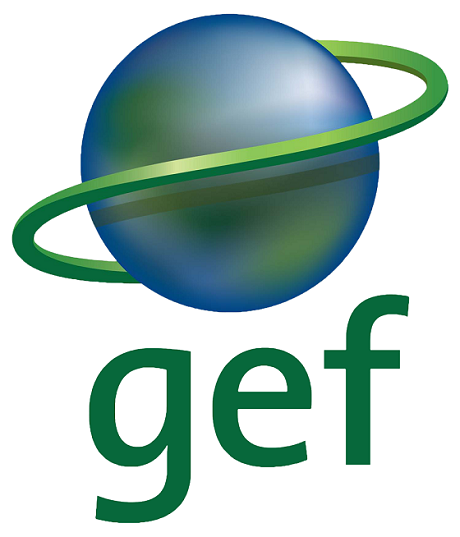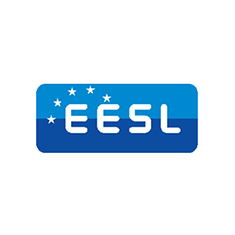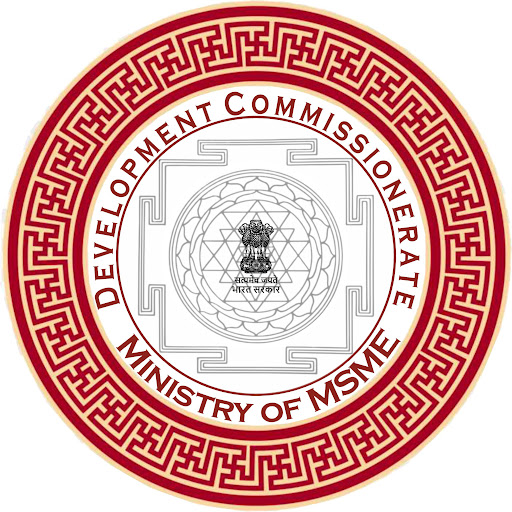Projects Stakeholders

Global Environment Facility (GEF) is the largest global multilateral funding mechanism providing incremental project grant to the developing countries on global environmental issues with local benefits. Set up in 1991, India is one of its founding members and is both a donor and recipient of GEF grant. Know More

UNIDO is a specialized agency of the United Nations that promotes inclusive and sustainable industrial development (ISID). The Organization draws on four mutually reinforcing categories of services: technical cooperation, analytical and policy advisory services, standard setting and compliance, and a convening function for knowledge transfer and networking.UNIDO is the Implementing Agency (IA) of the proposed project and a member of the Project Steering Committee (PSC). Know More

EESL, under the Ministry of Power, Government of India, is the Executing Partner of the project, as well as a member of the PSC and provides project guidance. Know More

Ministry of MSME is the Lead Executing Agency (EA) of the project. The Ministry of MSME chairs the PSC meeting for providing guidance to the PMU (to be established within the Ministry of MSME premises) on project work plan and execution. Specifically, the Ministry plays an advisory role and provide expert advice on aspects related to the MSME sector. The Ministry also supports the PMU though its field offices’ presence across India for the implementation of the project. Know More

The GEF Operation Focal Point of India is a member of the Project Steering Committee.

BEE is the guiding agency in the project and is part of the Project Steering Committee.

SIDBI is the lead bank for the provision of financial assistance towards energy efficiency investments during the project for EESL/ESCO/MSME units.
Private sector stakeholders
| MSME Industry: | MSME industrial enterprises are the main beneficiaries under the project. The participating industrial enterprises are required to share data, cooperate with experts, implement the recommended changes and comply with monitoring protocols. |
| Industrial Associations: | Major associations from important energy intensive MSME clusters are involved during the project. Their role are to facilitate workshops, create outreach and sensitize industries on relevant training programs and workshops. They are also involved in the dissemination efforts of the project. |
| Business Chambers of Commerce: | The Business Chambers of Commerce in the project’s areas of activity are consulted and cooperated with for the implementation of awareness campaigns and trainings. Their role is to facilitate and create outreach for the project’s activities using their existing communication channels. |
| Gender Dimensions: | The project ensures to maintain gender equality at each stage of project implementation. Participation of women are encouraged while selecting experts and consultants for training and capacity building activities. Project stakeholders are encouraged to nominate women employees to participate in the project. Efforts are also made to include gender focal points from relevant ministries in the Project Steering Committee meetings where possible. |
| Other stakeholders: | These include national experts, consultants, vendors, suppliers, business development service (BDS) providers, local banks and financing institutions who are participants in the training programmes and capacity building workshops (either as faculty or as recipients). |
The project establishes a robust institutional mechanism that is necessary to coordinate with the various agencies that have worked or are working in the identified clusters. The Project Steering Committee is established, including representatives from UNIDO, the Ministry of MSME, BEE, EESL and other related agencies, including SIDBI.
The below Figure shows the block diagram of the project implementation/execution arrangement:

